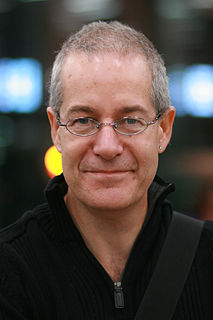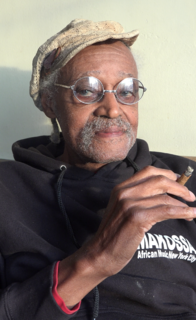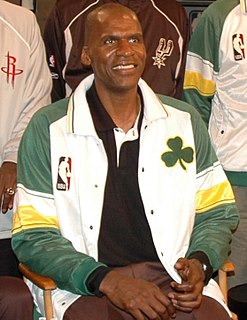A Quote by Johan Huizinga
An aristocratic culture does not advertise its emotions. In its forms of expression it is sober and reserved. Its general attitude is stoic.
Related Quotes
In Western culture, particularly North America, a lot of rules are descriptors for sociopathy: a general acceptance of lying as long as you win, an attitude of "me first," an attitude that what it looks like is more important than what it is. This makes it much easier for a sociopath to be camouflaged in our culture.
All forms of beauty, like all possible phenomena, contain an element of the eternal and an element of the transitory - of the absolute and of the particular. Absolute and eternal beauty does not exist, or rather it is only an abstraction creamed from the general surface of different beauties. The particular element in each manifestation comes from the emotions: and just as we have our own particular emotions, so we have our own beauty.
"Fate permitting" is a standard Stoic phrase meant to remind ourselves that planning things is up to us, but the ultimate outcomes are not under our control. It helps us to develop an attitude of equanimity toward the universe. We should very much try to change things for the better, that's the whole point of the Stoic discipline of action.
I have never said that human society ought to be aristocratic, but a great deal more than that. What I have said, and still believe with ever-increasing conviction, is that human society is always, whether it will or no, aristocratic by its very essence, to the extreme that it is a society in the measure that it is aristocratic, and ceases to be such when it ceases to be aristocratic. Of course I am speaking now of society and not of the State.
Sex is probably one of the last forms of human expression to enjoy such a direct connection with nature. It might be the primary site of conflict between nature and culture. If one assumes that nature (or instinct) is repressed in a highly civilised society, then I think the conceptual dyad nature-culture is best preserved there, in the realm of sex.
It is frequently said that speech that is intentionally provocative and therefore invites physical retaliation can be punished or suppressed. Yet, plainly no such general proposition can be sustained. Quite the contrary.... The provocative nature of the communication does not make it any the less expression. Indeed, the whole theory of free expression contemplates that expression will in many circumstances be provocative and arouse hostility. The audience, just as the speaker, has an obligation to maintain physical restraint.
Idealism does not represent a superfluous expression of emotion, but in truth it has been, is, and will be, the premise for what we designate as human culture...Without his idealistic attitude all, even the most dazzling faculties of the intellect, would remain mere intellect just like outward appearance without inner value, and never creative force....The purest idealism is unconsciously equivalent to the deepest knowledge.








































